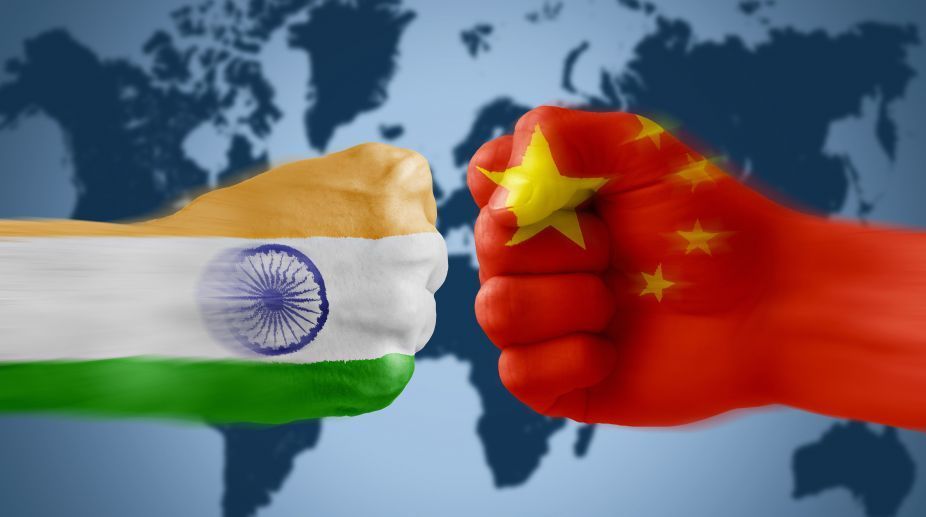The recent meeting between India’s External Affairs Minister S. Jaishankar and China’s Foreign Minister Wang Yi held on the sidelines of the Shanghai Cooperation Organisation (SCO) summit in Astana, marks a pivotal moment in the ongoing efforts to resolve the border issues in eastern Ladakh. The discussions between the two ministers emphasised the necessity of respecting the LAC and the importance of mutual respect, mutual sensitivity, and mutual interests in rebuilding bilateral ties. The primary focus of the meeting was on finding a swift resolution to the remaining issues along the LAC in eastern Ladakh. The region has been a significant point of contention between India and China, especially since the violent clash in the Galwan Valley in June 2020, which resulted in several casualties on both sides and marked the most serious military conflict between the two nations in decades. Despite numerous rounds of diplomatic and military talks, a full resolution remains elusive. However, on the positive side, both agreed to intensify efforts through both diplomatic and military channels to achieve complete disengagement from the remaining friction points in eastern Ladakh. This step is crucial not only for restoring peace and tranquillity along the border but also for normalising bilateral relations, which have been severely strained by the prolonged standoff.
India reiterated that the bilateral relationship with China must be based on the “three mutuals”: mutual respect, mutual sensitivity, and mutual interest. This principle underscores the need for both countries to respect each other’s core concerns and strategic interests. For India, this includes the demand that China fully adhere to past agreements and protocols related to border management and respect the sanctity of the LAC. The emphasis on these mutuals is not merely diplomatic rhetoric; it reflects a fundamental belief that sustainable and peaceful relations can only be achieved through a balanced approach that considers the perspectives and interests of both parties. The meeting’s outcome suggests cautious optimism, with both sides showing a willingness to engage constructively to resolve the border dispute.
This meeting occurred at a time of significant geopolitical flux. The SCO summit brought together key global leaders, including the Chinese President and the Russian President, highlighting the complex interplay of regional and international politics. In his address at the SCO summit, Jaishankar, delivering Prime Minister Narendra Modi’s remarks, emphasised the need for the international community to isolate and expose countries that harbour terrorists and provide safe havens for them. This was a thinly veiled reference to Pakistan and its ally China, given their controversial roles in international counter-terrorism efforts. China’s support for Pakistan-sponsored terrorism is another bone of contention between India and China. India’s call for a decisive response to cross-border terrorism and the resolute countering of terrorism financing and recruitment reflects India’s broader strategic concerns. The statement serves as a reminder that security issues extend beyond bilateral disputes and have far-reaching implications for regional and global stability.
The path to resolving the India-China border dispute is fraught with challenges. The prolonged military standoff has deepened mistrust and complicated diplomatic engagements. However, the recent talks indicate a shared recognition that the status quo is untenable and that prolonged tensions are not in the interest of either side. Only sustained diplomatic efforts and a willingness on both sides to make concessions can diffuse the situation. The establishment of mechanisms like the Working Mechanism on Consultation and Coordination on India-China Border Affairs (WMCC) provides a structured platform for dialogue, but its success depends on the political will to follow through on commitments. China, on its part, must demonstrate genuine intent to abide by past agreements and respect India’s territorial integrity. As global powers navigate an increasingly complex geopolitical landscape, the resolution of the India-China border dispute will serve as a critical test of their ability to manage conflicts and uphold regional stability. A peaceful resolution benefits everyone involved.
Trending Now
E-Paper


